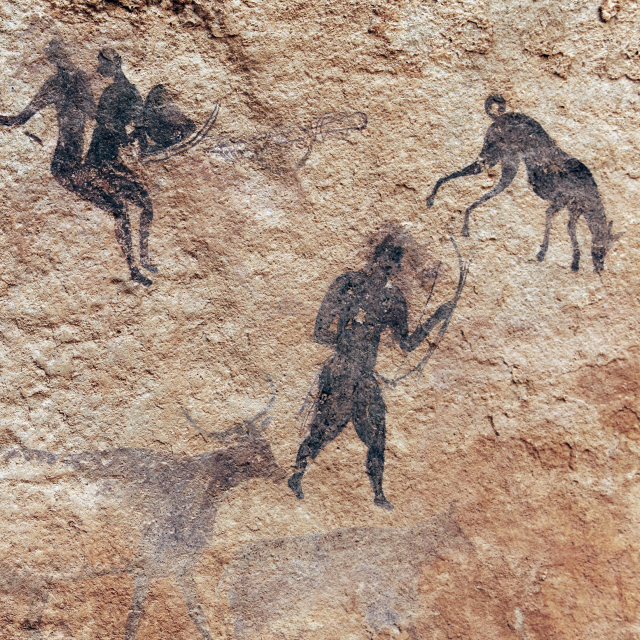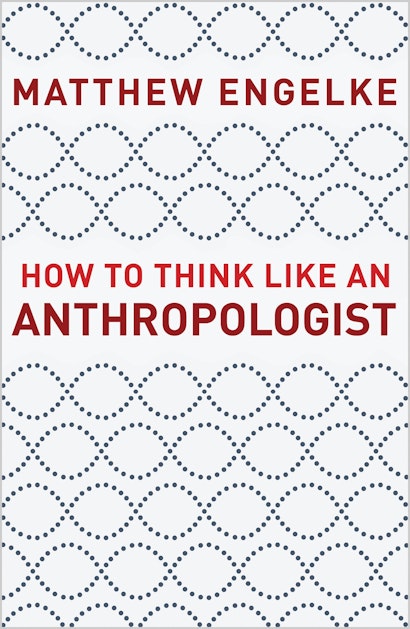This month, PUP is publishing Matthew Engelke’s How to Think Like an Anthropologist, a popular introduction to an oft-misunderstood field. Providing ethnographic and theoretical examples from around the world and throughout the discipline’s history, Engelke shows readers how anthropology can help us understand ourselves and the world around us. Are you ready to start thinking like an anthropologist? Follow these 10 tips to gain a deeper understanding of how different groups of humans organize their lives and articulate their values!
- Do your research! Anthropologists conduct ethnographic research using the technique of participant observation. This could mean traveling halfway around the world to live in a tent, learn a new language, and eat unfamiliar foods. Or it could mean working alongside employees in a factory or office in your hometown. No matter where your field site is, make sure you ask questions of those around you, and take notes on how they see the world!
- Adopt the sensibility of cultural relativism. This doesn’t mean you can’t have your own values, that you have to agree with everything you see in the field, or that you can’t trust hard data. Using cultural relativism as an approach does mean remembering that other groups may have very different ideas of the world than you do. Don’t assume that your perspective is universal.
- Keep some critical distance – even if you belong to the group of people you’re studying! Anthropologists need some critical distance in order to perform analysis. Losing this distance can also present ethical dilemmas.
- Interest yourself in the everyday. How do people greet each other? How do they keep their spaces clean? What material objects do they interact with? These questions may seem mundane, but studying them can help you understand a group’s values.
- Work inductively – build from the specific to the general. Instead of setting out to prove a general idea about the group you’re studying, let your observations guide you to any broad conclusions. Present in your work a balance of general claims and specific observations.
- Avoid falling into the “denial of coevalness” – the idea that certain groups of people are stuck in the past. Everyone in the world right now is living in the twenty-first century, and what it means to live in the twenty-first century looks different for different groups of people.
- Remember that social and cultural change are not teleological. Every group’s way of life changes over time, but it’s important to consider these changes on their own terms, rather than as stepping stones toward some inevitable end goal.
- Don’t feel you have to hide your political commitments or shy away from offering moral conclusions. To varying degrees, anthropologists’ work is often tied up with their own moral or political ideologies. Acknowledge this rather than deny it.
- Be wary of your own authority as an ethnographer. Don’t just figure out how the people you’re studying think – think like the people you’re studying. Look beyond your own framing of their perspective.
- Foreground what is usually in the background, and vice versa. As Engelke puts it, “Upend common sense and question what gets taken for granted…. Reconsider not only what we think we know… but also the terms by which we know it.” Open yourself to the “strangeness and surprise” you will undoubtedly encounter as you begin to think like an anthropologist.

